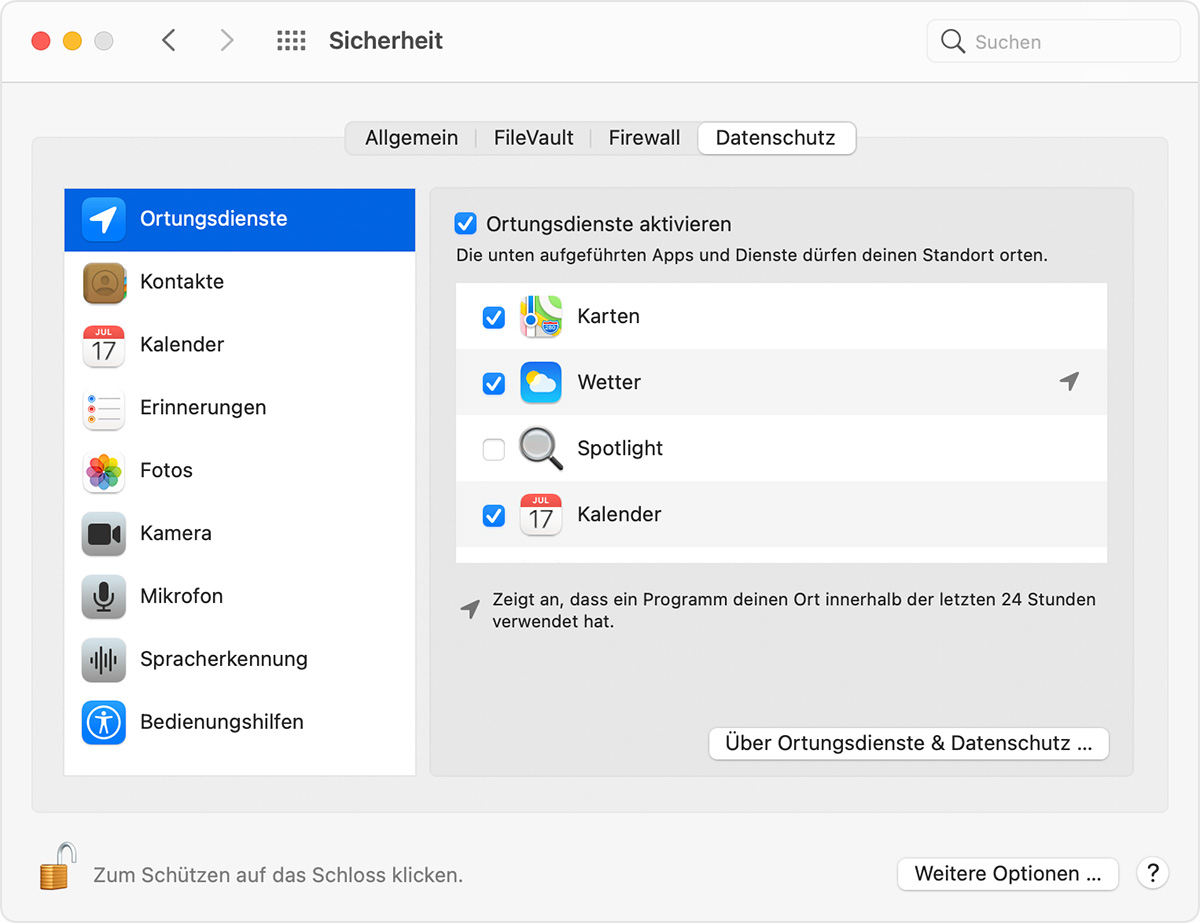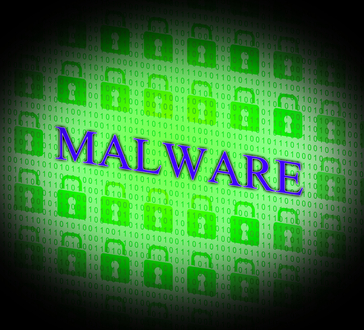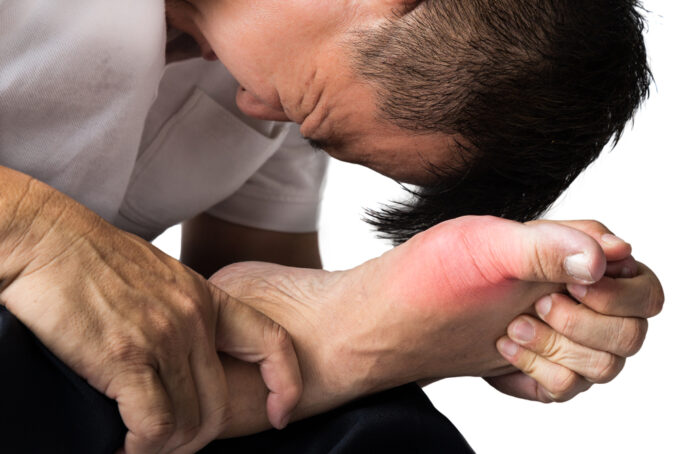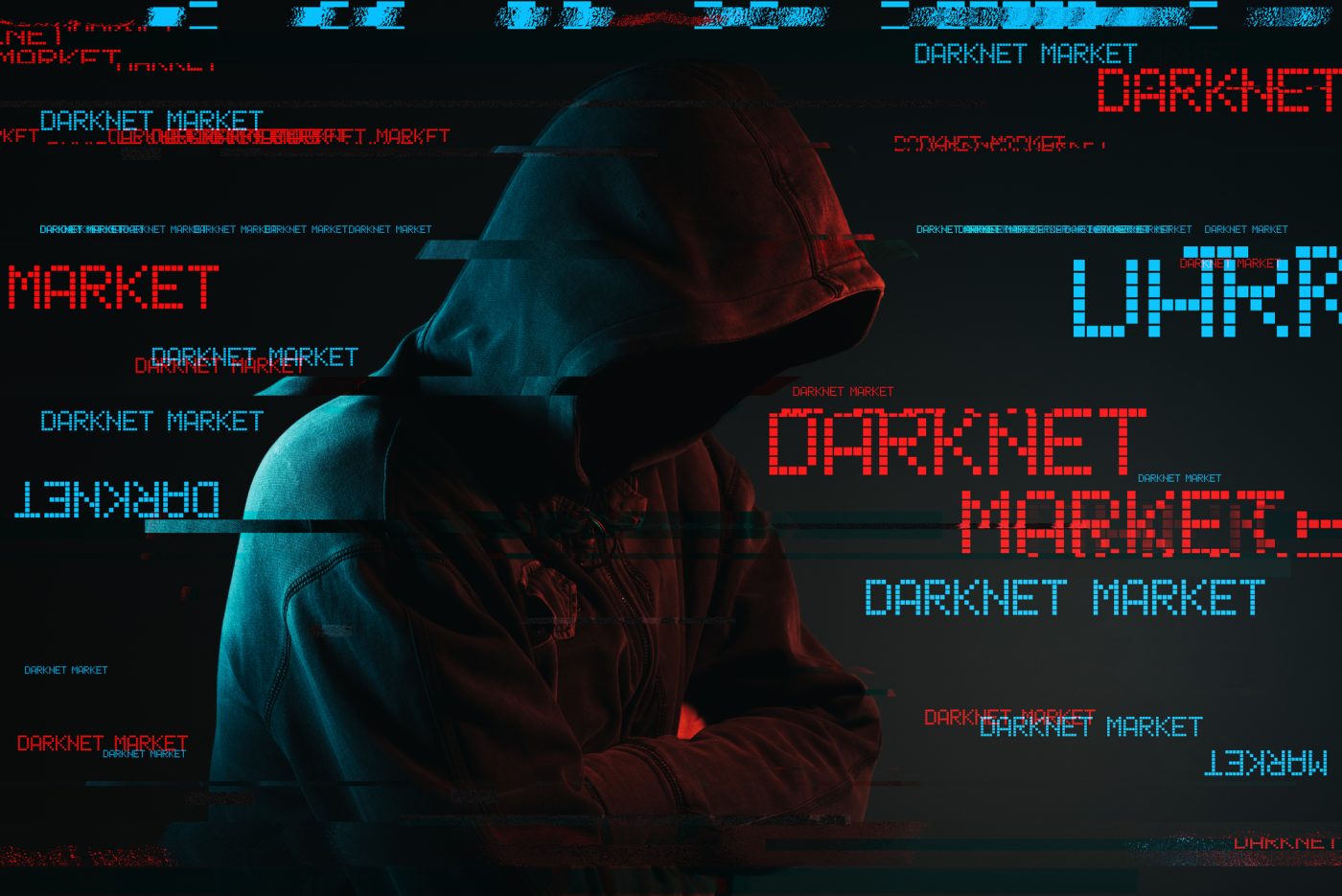Multiple vulnerabilities in MS Exchange
At least 30,000 US organizations have been affected by unusual Chinese exchange hacking attacks. Hafnium" made headlines in Germany in particular. According to the German Federal Office, the situation is very serious.

More than 30,000 U.S. organizations have been affected by unusually aggressive Chinese hacking attacks, according to a report. The USA blamed the Chinese hacker group "Hafnium". The attackers had exploited a security hole in the Microsoft Group's e-mail service, stolen mails and infected end devices with malware to gain remote access to client devices. However, it is mainly companies that are affected, not private users.
The White House spokeswoman, Jennifer Psaki, spoke of a "current threat". A large number of casualties are feared, she said. At least 30,000 organizations in the United States, including city governments and regional governments, have been attacked in recent days. The German Federal Office for Information Security (BSI) last Friday rated the potential threat at the highest threat level one.
As "Der Standard" summarizes with reference to "Die Zeit", the BSI has so far contacted 9,000 companies and urgently advised them to update. In addition, there were indications that individual federal authorities were also affected.
The National Cyber Security Center in Switzerland (NCSC) writes on its website that it is also currently receiving reports of successful attacks and advises Exchange administrators to published updates of March 2, 2021 urgently.
Source: Der Standard

















